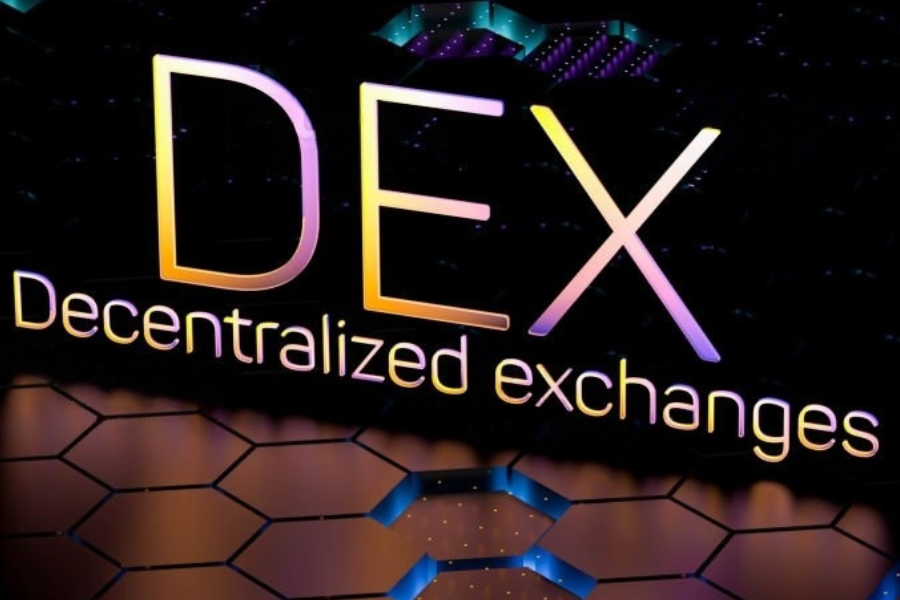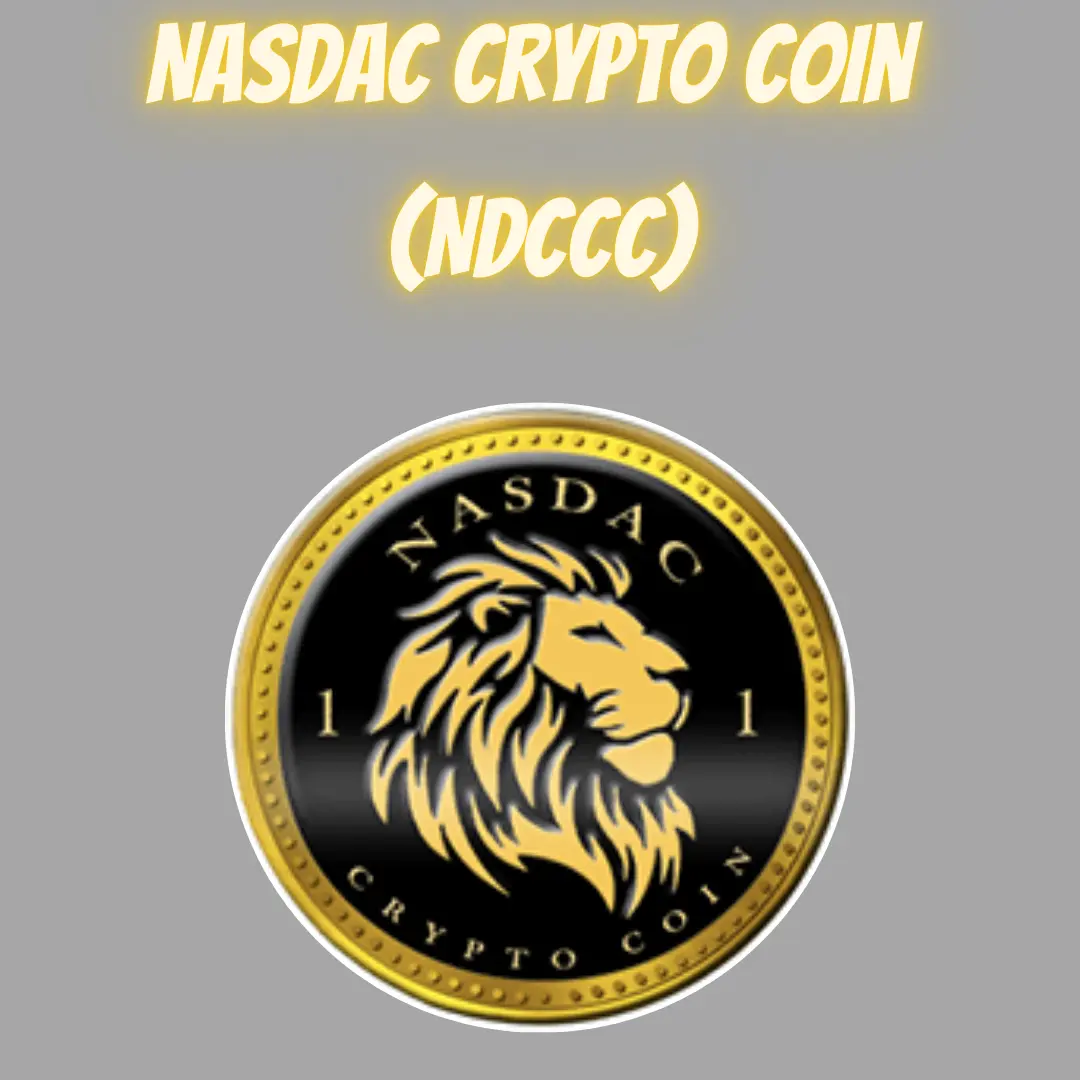The DEX Revolution: Why Smart Traders Are Abandoning Centralized Exchanges
The cryptocurrency trading landscape is experiencing a seismic shift. While traditional centralized exchanges have dominated the market for years, decentralized exchanges (DEX) are rapidly emerging as the preferred choice for sophisticated traders who value security, privacy, and complete control over their assets.
But here’s what most traders don’t realize: the choice between centralized and decentralized exchanges could make or break your trading strategy. The wrong platform selection can expose you to unnecessary risks, hidden fees, and potential fund losses that could have been easily avoided.
This comprehensive guide reveals everything you need to know about decentralized exchanges, from understanding their revolutionary technology to selecting the perfect DEX platform for your trading needs. Whether you’re a seasoned trader or crypto newcomer, you’ll discover insider strategies that can transform your trading experience.
What Are Decentralized Exchanges and Why They Matter
Decentralized exchanges represent a fundamental paradigm shift from traditional trading models. Unlike centralized platforms that act as intermediaries controlling user funds, DEX platforms enable direct peer-to-peer transactions between traders without requiring trust in third-party custodians.
The revolutionary aspect of DEX technology lies in its distributed architecture. Instead of relying on a single company’s servers, decentralized exchanges operate across a network of nodes, with each participant running exchange software that collectively maintains the trading ecosystem.
The Smart Contract Revolution
Smart contracts form the backbone of decentralized exchange functionality. These self-executing programs automatically handle trade settlements, eliminating human intervention and reducing counterparty risk. When you place a trade on a DEX, smart contracts ensure that:
- Funds are only released when conditions are met
- Trade settlements occur instantly and transparently
- No single party can manipulate or halt transactions
- All trading activity is permanently recorded on the blockchain
This automation enables the creation of sophisticated financial products, including derivatives, yield farming opportunities, and liquidity mining programs, all without traditional financial intermediaries.
The Compelling Advantages of DEX Trading
Enhanced Security Architecture
Security represents the most significant advantage of decentralized exchanges. Traditional exchanges create single points of failure that hackers frequently target, resulting in billions of dollars in stolen funds throughout crypto history.
DEX platforms eliminate this vulnerability through non-custodial trading models. Your funds never leave your personal wallet during transactions, meaning:
- No exchange can freeze or confiscate your assets
- Private keys remain under your exclusive control
- Hacking risks are distributed across the network
- Exit scams become technically impossible
Unprecedented Transparency
Every transaction on a decentralized exchange is publicly verifiable on the blockchain. This transparency creates an environment where:
- Trade histories cannot be manipulated or hidden
- Order book data reflects real market activity
- Fee structures are clearly defined in smart contract code
- Platform governance decisions are community-driven
Universal Accessibility
Unlike centralized exchanges that implement Know Your Customer (KYC) requirements, most DEX platforms offer pseudonymous trading access. Anyone with an internet connection and compatible wallet can:
- Start trading immediately without lengthy verification processes
- Maintain privacy while participating in global markets
- Access trading from any geographic location
- Avoid discriminatory regional restrictions
Complete Asset Control
DEX trading puts users in complete control of their assets. This fundamental difference from centralized exchanges means:
- You maintain custody throughout the entire trading process
- No risk of exchange bankruptcy affecting your funds
- Ability to trade directly from your personal wallet
- Freedom to choose your preferred security measures
Challenges and Limitations of Decentralized Trading
Liquidity Constraints
Limited liquidity remains the most significant challenge facing decentralized exchanges. Since trades occur directly between users rather than through centralized order books, DEX platforms may experience:
- Wider bid-ask spreads during low-volume periods
- Longer execution times for large orders
- Price slippage on substantial transactions
- Limited trading pairs for exotic altcoins
However, innovative solutions like Automated Market Makers (AMM) and liquidity mining incentives are rapidly addressing these limitations.
Technical Complexity Barriers
DEX platforms typically require greater technical knowledge than their centralized counterparts. Users must understand:
- Wallet connectivity and private key management
- Gas fees and transaction timing optimization
- Slippage tolerance settings and MEV protection
- Smart contract interaction risks and approval processes
Regulatory Uncertainty
The decentralized nature of DEX platforms creates regulatory ambiguity in many jurisdictions. This uncertainty manifests through:
- Unclear legal frameworks for decentralized trading
- Potential compliance challenges for institutional users
- Varying regulatory approaches across different countries
- Limited legal recourse for dispute resolution
Top Decentralized Exchanges Leading the Revolution
Uniswap: The AMM Pioneer
Uniswap revolutionized decentralized trading by introducing the Automated Market Maker model in 2018. Built on Ethereum, Uniswap offers:
- Extensive ERC-20 token support with thousands of trading pairs
- Innovative constant product formula for price discovery
- Liquidity provider rewards through fee sharing
- Governance token (UNI) for protocol decision-making
- Multiple protocol versions optimizing for different use cases
PancakeSwap: The BSC Powerhouse
PancakeSwap dominates the Binance Smart Chain ecosystem, offering DEX functionality with significantly lower transaction costs:
- Comprehensive DeFi ecosystem including yield farming
- Native CAKE token with staking and governance utilities
- Cross-chain bridge integration for multi-blockchain trading
- Gamification features including prediction markets
- Regular token burning mechanisms supporting price stability
SushiSwap: The Community-Driven Platform
SushiSwap emerged as a community fork of Uniswap, introducing innovative features that prioritize user rewards:
- Advanced yield farming opportunities across multiple chains
- SUSHI token rewards for liquidity providers
- Cross-chain expansion supporting multiple blockchains
- Integrated lending and borrowing through Kashi
- Onsen program incentivizing new project liquidity
1inch: The DEX Aggregation Master
1inch optimizes trading by sourcing liquidity across multiple DEX platforms, ensuring users receive the best possible rates:
- Intelligent routing algorithms minimizing slippage
- Gas optimization reducing transaction costs
- Liquidity mining rewards for platform usage
- Advanced trading features including limit orders
- Multi-chain support expanding trading opportunities
Critical Factors for DEX Selection
Security Assessment Framework
Evaluating DEX security requires examining multiple layers:
- Smart contract audit history from reputable firms
- Bug bounty programs incentivizing vulnerability disclosure
- Multi-signature wallet implementations for protocol upgrades
- Decentralized governance reducing single-point-of-failure risks
- Insurance protocols protecting user funds
Liquidity Analysis Methods
Assess DEX liquidity through comprehensive metrics:
- Total Value Locked (TVL) indicating platform adoption
- Daily trading volume consistency across different market conditions
- Number of liquidity providers contributing to pools
- Depth of order books for your preferred trading pairs
- Historical slippage data for various transaction sizes
Fee Structure Optimization
Understanding fee structures helps optimize trading profitability:
- Base trading fees charged by the protocol
- Network gas fees varying by blockchain congestion
- Liquidity provider rewards impacting effective costs
- Token-based fee discounts for platform governance tokens
- MEV protection services and associated costs
User Experience Evaluation
Platform usability significantly impacts trading efficiency:
- Interface design accommodating both beginners and professionals
- Mobile application availability and functionality
- Integration with popular wallet applications
- Educational resources and community support
- Advanced trading tools and analytics availability
Advanced DEX Trading Strategies
Liquidity Mining Optimization
Maximize returns through strategic liquidity provision:
- Identify high-yield farming opportunities early
- Understand impermanent loss risks and mitigation strategies
- Diversify across multiple pools to reduce concentration risk
- Monitor tokenomics and emission schedules
- Time entry and exit based on market cycles
Arbitrage Opportunities
DEX price discrepancies create profitable arbitrage possibilities:
- Monitor price differences across multiple platforms
- Calculate gas fees and slippage before executing trades
- Use flash loans for capital-efficient arbitrage
- Implement automated strategies through MEV bots
- Focus on highly liquid pairs for consistent opportunities
Yield Farming Strategies
Compound returns through sophisticated DeFi strategies:
- Stack multiple yield sources through protocol composability
- Rotate between platforms based on APY fluctuations
- Leverage farming through borrowing protocols
- Understand protocol risks and smart contract dependencies
- Monitor governance token value and utility
The Future of Decentralized Trading
Technological Innovation Trends
Emerging technologies are addressing current DEX limitations:
- Layer 2 scaling solutions reducing transaction costs
- Cross-chain bridges enabling multi-blockchain trading
- Concentrated liquidity models improving capital efficiency
- MEV protection mechanisms ensuring fair transaction ordering
- Mobile-first interfaces expanding accessibility
Institutional Adoption Drivers
Professional traders are increasingly embracing DEX platforms:
- Regulatory clarity improving institutional confidence
- Professional-grade tools matching centralized exchange features
- Insurance products protecting large-scale deployments
- Custody solutions integrating with existing infrastructure
- Compliance tools ensuring regulatory adherence
Making Your DEX Selection Decision
Choosing the right decentralized exchange requires careful consideration of your specific trading needs, technical expertise, and risk tolerance. Start by:
- Identifying your primary trading objectives and preferred asset classes
- Assessing your technical comfort level with wallet management and DeFi protocols
- Evaluating the total cost structure including fees, gas costs, and opportunity costs
- Testing platforms with small amounts before committing significant capital
- Staying informed about protocol updates and security developments
The decentralized exchange landscape continues evolving rapidly, with new innovations addressing current limitations while maintaining the core benefits of security, transparency, and user control.
The future of trading is decentralized, and early adopters who master DEX platforms will be best positioned to capitalize on the opportunities this revolutionary technology creates. By understanding the advantages, challenges, and selection criteria outlined in this guide, you can make informed decisions that align with your trading goals and risk management preferences.
Remember that successful DEX trading requires continuous learning and adaptation as the technology and regulatory landscape evolve. Stay engaged with the community, monitor protocol developments, and always prioritize security in your trading practices.







